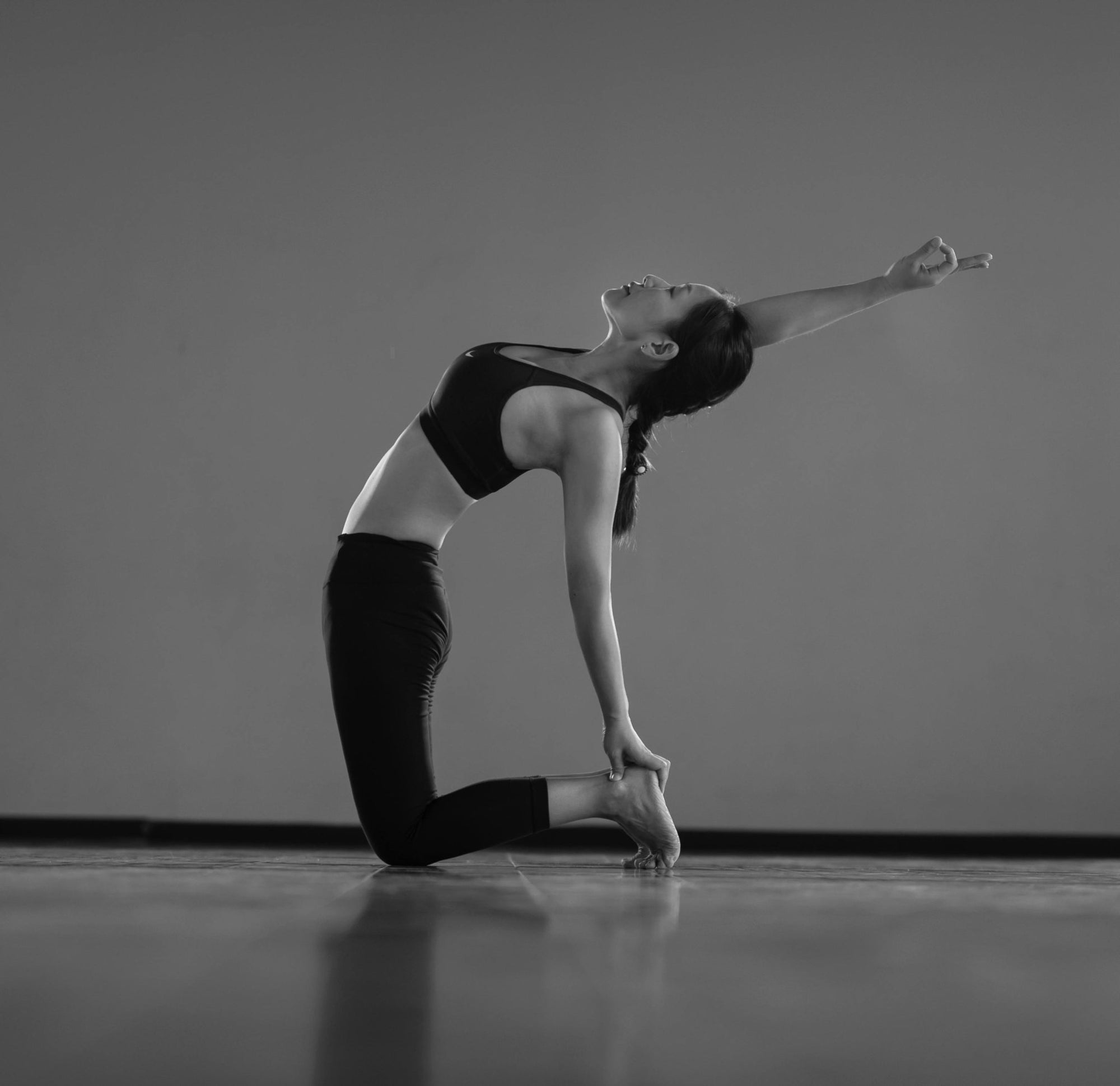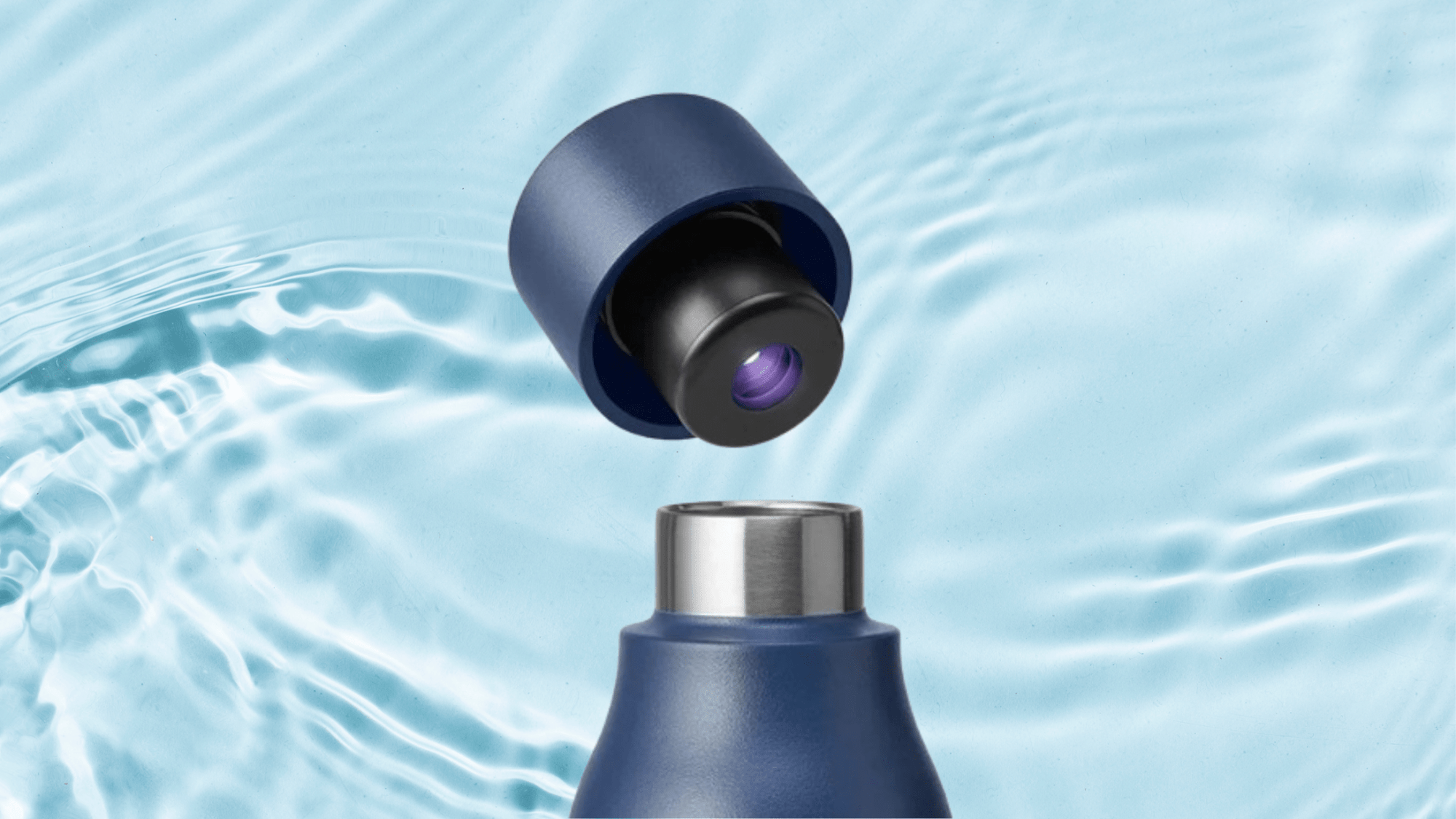Let's face it: when it comes to low-impact exercises that strengthen the body and calm the mind, Pilates and yoga often top the list. Both offer incredible benefits for your physical and mental well-being, but they aren’t the same. If you've found yourself standing at a crossroads between choosing Pilates or yoga, you're not alone.
Here’s something that might surprise you: Pilates is often the go-to choice for people who want faster core strength, injury recovery, and improved posture. While yoga is wonderful for flexibility and mindfulness, Pilates has carved out its own niche for those looking for targeted strength, rehabilitation, and balance.
So, why Pilates? Here are 14 proven reasons Pilates might be the better fit for you—and how it can transform your fitness routine and overall health in ways that yoga sometimes doesn’t.
1. Faster Core Strength
Pilates was designed with a laser focus on the core, often referred to as your "powerhouse." Every move you make in Pilates engages your core muscles. In comparison, while yoga involves the core, it doesn’t hit it with the same intensity. If you’re looking for quicker results in sculpting and strengthening your abs, Pilates is your best friend.
2. Rehabilitation for Injuries
Pilates is frequently used in physical therapy settings to help with injury recovery, particularly for back pain. Its controlled, low-impact movements build strength without putting stress on joints or aggravating injuries. Yoga, while beneficial, sometimes involves poses that can strain already vulnerable areas.
3. Posture Improvement
Unlike yoga, which focuses more on overall flexibility, Pilates emphasizes alignment and posture correction. Many of the exercises strengthen the muscles that support proper posture, helping you stand taller and with better form over time. If you find yourself hunched over a desk for most of the day, Pilates could help reverse those bad habits.
4. Increased Muscle Tone
While yoga helps with flexibility and some toning, Pilates takes it a step further by offering muscle-specific workouts that target particular areas like your glutes, legs, arms, and, of course, core. If lean muscle definition is what you’re after, Pilates works faster in isolating and toning those muscle groups.
5. More Control, Less Momentum
Pilates emphasizes precise control of movement. Each action is slow and deliberate, which challenges your muscles in a different way compared to yoga’s flowing sequences. This approach can help build strength faster since it eliminates the use of momentum, making your muscles work harder throughout each movement.
6. Customizable for Different Fitness Levels
Whether you’re just starting your fitness journey or you’re a seasoned athlete, Pilates can be tailored to suit any fitness level. The exercises are easily modifiable, and you can ramp up the intensity with equipment like a Reformer machine. While yoga can be modified, Pilates’ adaptability to each individual's needs is part of why physical therapists love it.
7. Better for Flexibility and Strength
Yes, yoga is known for improving flexibility. But Pilates offers the perfect blend of flexibility and strength training. With Pilates, you'll lengthen muscles while simultaneously strengthening them, which creates a balanced approach to fitness that yoga might not always emphasize.
8. Targets Small, Stabilizing Muscles
One of the secrets to Pilates' success lies in its ability to target smaller stabilizer muscles that often get neglected in other workouts. These muscles help keep your joints stable and aligned, which is key for preventing injuries. While yoga focuses on larger muscle groups in poses, Pilates dives deep into those often-overlooked stabilizing muscles.
9. Improves Balance and Coordination
Pilates requires focus and precise control of every movement, which builds your coordination and balance more quickly than yoga in many cases. It’s especially helpful for athletes or dancers who need refined motor control.
10. Low Impact, High Reward
While both yoga and Pilates are gentle on the joints, Pilates offers a highly effective workout without the need for jumping or other high-impact activities. For people with joint issues or those recovering from surgery, Pilates can give you the strength-building benefits without the risk of added joint stress.
11. Faster Body Composition Changes
If your goal is to change your body composition—think: more muscle, less fat—Pilates might work more effectively for you. Its emphasis on strength-building and muscle engagement can deliver faster changes in muscle tone and fat loss, particularly when combined with a healthy diet and lifestyle.
12. More Focused Breathing Techniques
While yoga is known for its meditative breathing, Pilates offers its own unique form of breath control. Pilates teaches you to synchronize breath with movement, which increases your lung capacity and strengthens your respiratory muscles, all while keeping you grounded and centered. This focused breathing can even improve athletic performance outside of Pilates class.
13. Promotes Full-Body Movement
Pilates exercises often involve compound movements, meaning you’ll engage multiple muscle groups at once. This promotes full-body engagement in every workout, making Pilates particularly effective for those seeking a more holistic approach to fitness. While yoga often isolates specific muscles, Pilates ensures that your entire body is activated.
14. Faster Recovery After Workouts
Pilates is a fantastic complement to higher-impact workouts like running or weightlifting because it helps muscles recover faster. The stretching and controlled movements aid in muscle elongation, helping to reduce soreness. Yoga also offers post-workout benefits, but Pilates adds an extra layer of active recovery due to its focus on muscle rehabilitation and alignment.
Choosing the Right Fit for You
Both Pilates and yoga have their strengths, and the right choice ultimately depends on your individual goals. If you’re looking for flexibility, relaxation, and stress reduction, yoga is excellent. But if your primary focus is on strengthening your core, recovering from injury, improving posture, and targeting specific muscles, Pilates might be the clear winner.
By incorporating more precision, strength-building, and posture correction, Pilates gives you a focused workout that balances strength and flexibility. And with these 14 proven benefits, it’s easy to see why so many people are opting for Pilates over yoga.
Whether you're an athlete, recovering from an injury, or just someone looking to improve core strength and stability, Pilates might be the perfect addition to your fitness routine.



